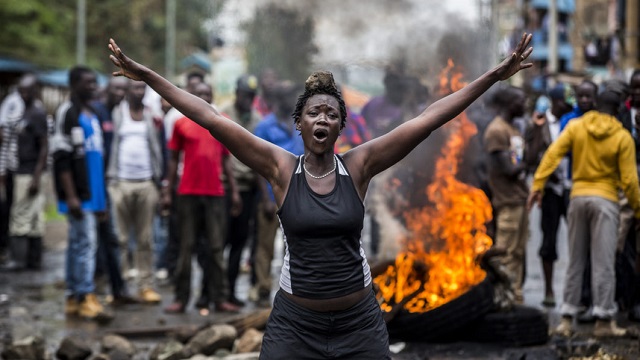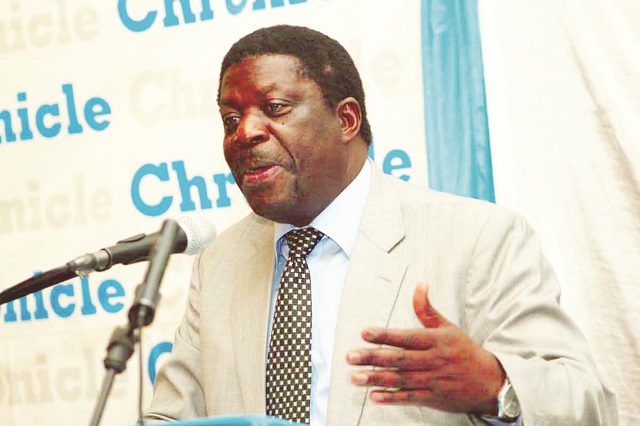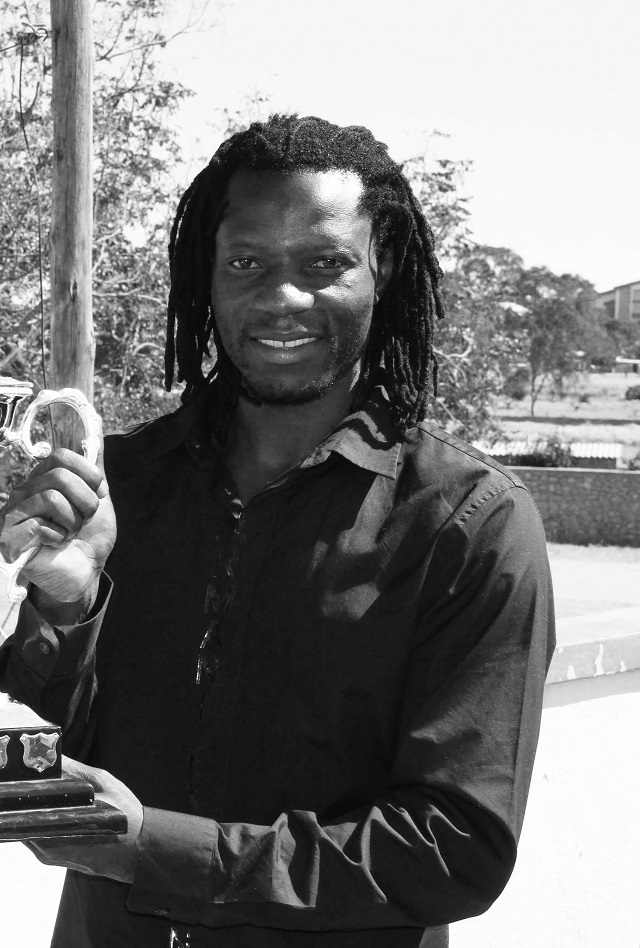Kenyan rerun violence death toll rises to 13

Nairobi — Kenyan police have killed 13 protesters in opposition strongholds since Thursday’s repeat presidential election, which the main opposition group boycotted, a local civil rights group said Wednesday.
The Independent Medico Legal Unit said it recorded 64 cases of use of excessive force by police, including 34 people being shot, between October 25 and October 28. The rights group uses medical evidence to help victims build up cases against human rights abuses.
Peter Kiama, the group’s executive director, said police should investigate and discipline errant officers. Kenyan human rights groups have long accused police of extrajudicial killings.
Last month, Amnesty International and Human Rights Watch said police killed at least 67 opposition supporters after the results of the August election, nullified by the Supreme Court over irregularities, were announced
President Uhuru Kenyatta this week was declared the winner of the October 26 repeat election by an overwhelming margin after opposition leader Raila Odinga refused to participate, saying electoral reforms had not been made.
A vetting process by the independent National Police Service Commission to weed out errant police officers that started in 2012 has been criticised for not doing enough to reform the 99 000-strong force, which admits corruption is widespread.
Also on Wednesday, ruling party lawmakers appealed for calm amid ethnic tensions in a rural area following last week’s election. They noted reports that opposition supporters have blocked roads and hurled stones at vehicles near the border of Kisumu County, an opposition stronghold whose residents are mainly from the Luo ethnic group, and Kericho County, an ethnic Kalenjin area that supports the government.
Hillary Kosgei, a Kalenjin lawmaker from Kericho, condemned the unrest as a “direct invitation to violence” between the factions.
Meanwhile, Kenya’s chief justice said the national police chief had “enhanced” the security of Supreme Court judges after one of their bodyguards was shot, denying a report that a request for extra security had been turned down.
The judges’ safety was thrust into focus last week after the shooting, which occurred on Tuesday evening.
The next day, five out of seven judges failed to come to court to issue a judgment on an election petition seeking to delay the next day’s presidential poll, sparking widespread speculation of intimidation.
A senior judicial source said earlier this week that after the shooting the judges, who are normally allocated one bodyguard, had requested another vehicle, known as a “chaser car”, to follow or go ahead of them as they moved around the country.
The source, who was not available to speak yesterday, said this request was turned down.
The source also said the judges were upset at the government’s characterisation of the shooting as a crime rather than an attempt to intimidate judges who had recently annulled the August election victory of President Uhuru Kenyatta.
The statement, issued by Chief Justice David Maraga’s office late on Wednesday, said the story was wrong.— AFP












Comments